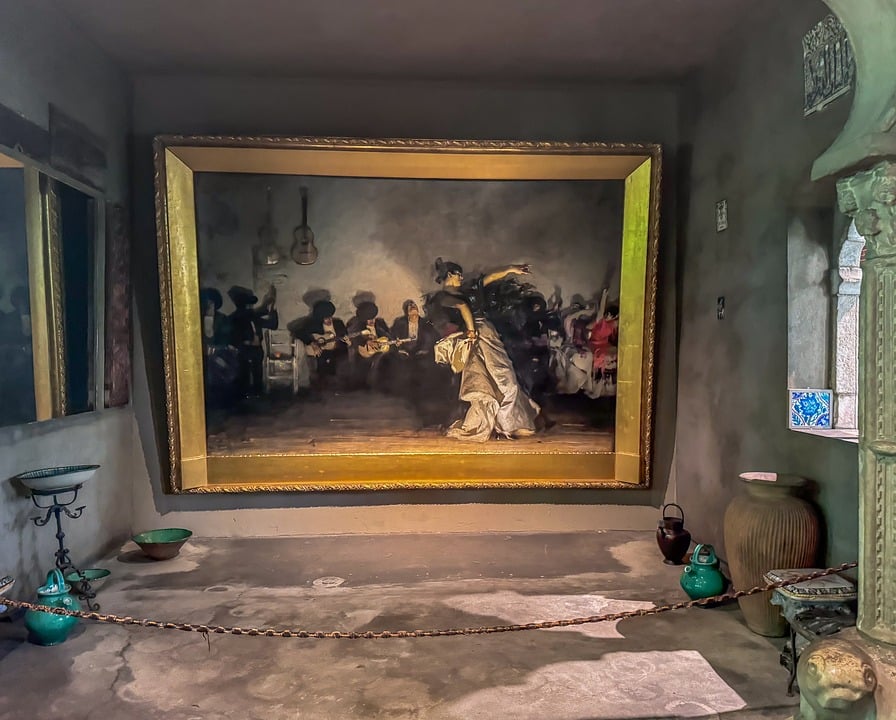In a world that is constantly changing and evolving, indigenous cultures have stood the test of time, preserving their unique traditions, languages, and ways of life. The resilience of indigenous cultures is a testament to their strength and perseverance in the face of colonization, oppression, and globalization. In this article, we will take a deep dive into the history, current state, and future predictions of indigenous cultures, exploring the challenges they have faced and the ways in which they continue to thrive.
Historical Context
Indigenous cultures have a rich and diverse history that dates back thousands of years. They have developed unique ways of living in harmony with the land and have passed down their knowledge from generation to generation. However, the arrival of European colonizers in the Americas, Africa, Asia, and Oceania brought about significant changes for indigenous peoples. Colonization led to the displacement of indigenous communities, the suppression of their languages and traditions, and the imposition of foreign laws and customs.
Despite these challenges, indigenous cultures have remained resilient, fighting to preserve their heritage and reclaim their land. Through resistance movements, political activism, and cultural revitalization efforts, indigenous peoples have pushed back against oppression and have continued to celebrate their identity and way of life.
Current State
In the modern world, indigenous cultures are facing new challenges as they navigate the complexities of globalization, climate change, and economic development. Many indigenous communities are struggling to maintain their traditional ways of life in the face of rapid urbanization and encroachment on their lands. Additionally, the loss of biodiversity and natural resources is posing a threat to indigenous peoples’ livelihoods and cultural practices.
Despite these challenges, indigenous cultures continue to thrive in many parts of the world. Indigenous artists, musicians, and writers are gaining international recognition for their work, showcasing the richness and diversity of indigenous heritage. Indigenous languages are being revitalized through language immersion programs and cultural education initiatives. And indigenous communities are leading the way in sustainable development, using traditional knowledge to protect the environment and promote social justice.
Future Predictions
As we look to the future, it is clear that indigenous cultures will continue to play a vital role in shaping our world. Indigenous knowledge and perspectives are increasingly being recognized as invaluable assets in the fight against climate change, biodiversity loss, and social inequality. Indigenous communities are leading the way in innovative solutions to these global challenges, drawing on their deep connections to the land and their respect for all living beings.
In the coming years, we can expect to see a renewed focus on indigenous rights and sovereignty, as governments and international organizations recognize the importance of indigenous peoples’ voices in decision-making processes. Indigenous cultures will continue to inspire us with their resilience, creativity, and commitment to living in harmony with the natural world.
Conclusion
In conclusion, the resilience of indigenous cultures is a testament to the power of community, heritage, and tradition. Despite centuries of oppression and marginalization, indigenous peoples have persevered, reclaiming their identities and asserting their rights. As we move forward into an uncertain future, let us continue to learn from indigenous cultures, honoring their wisdom and supporting their efforts to preserve their heritage for generations to come.
We invite you to join us on this journey through cultural history, exploring the resilience of indigenous cultures and celebrating their invaluable contributions to our global community. Thank you for reading, and we encourage you to explore further resources to deepen your understanding of this important topic.
